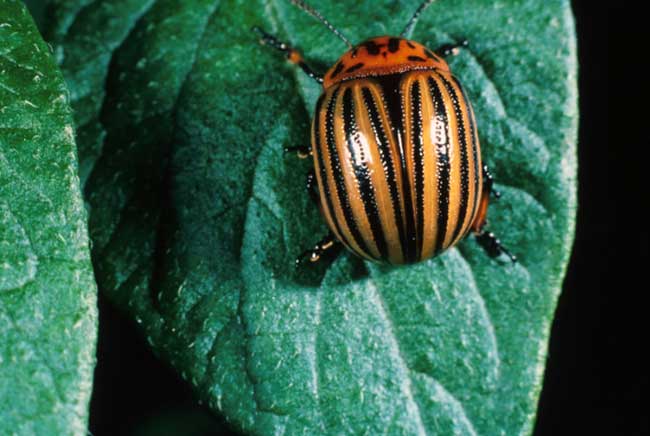Victory Gardens, Potato Bugs & Tootsie Rolls
Apr 3, 2023
2 mins read

by Edward Previc
Spring! Planting time! Have you ever, dear reader, grown your own vegetable garden? During World Wars I & II, millions of Americans became “backyard farmers”. Government agencies, private foundations, businesses, schools, and seed companies worked together to provide seeds, instruction, and land for individuals and communities to plant vegetable gardens in their backyards, churchyards, city parks, and playgrounds, in diverse shapes and sizes. These produced abundant food for the folks at home and for troops overseas. Quite a few TCF residents surely must remember those Victory Gardens. Many more of you had not yet been born. In the summer of 1942, my cousin, Helen, and I were eleven years old. Our maternal grandfather, Anton, decided we should do our part in the family Victory Garden. Grandpa Anton was not averse to the limited use of pesticides when all else failed, but he preferred to avoid them as much as possible.
He made an offer to Helen and me that we could not refuse – pick potato beetles off of the plant leaves for two cents per bug. We couldn’t wait to begin, envisioning the many pieces of penny candy our earnings would buy at the local candy store.
During the first week, we each collected perhaps eight or ten potato beetles per day in our little lidded jars; in the second week, about half that many. On most days in the third week, our jars remained empty. Grandpa Anton declared our efforts a success. Thinking back, I’m not sure he was letting us in on the whole story. Anyway, the potato plants thrived and gave a good crop. And Cousin Helen and I enjoyed the fruit – er, candy – of our labors, our favorite Tootsie Rolls.
Victory Gardens are not known as such anymore, but towns, cities, & villages across the country are re-embracing the concept in the growing numbers of community gardens. These utilize otherwise unproductive land – vacant city lots, abandoned railway rights-of-way, etc. These gardens help to feed many in need while building pride in people helping themselves. Like Victory Gardens, they bring communities together and help to bond neighbor with neighbor.
